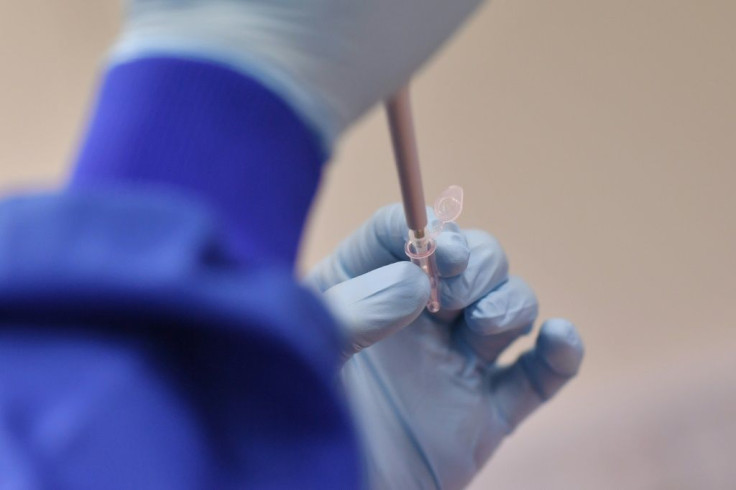COVID-19 Vaccine Developed By University Of Oxford, Astrazeneca Shows Promise In Early Trial

A potential COVID-19 vaccine developed by the University of Oxford in the U.K. and pharmaceutical company Astrazeneca is helping patients produce a strong immune response to the virus, according to early trial results published Monday by the Lancet medical journal.
The experimental vaccine, named ChAdOx1 nCoV-19, had more than 1,000 participants in its phase one trial. Researchers said participants had produced antibodies and killer T-cells in response to the vaccine, with no serious adverse effects besides symptoms such as fatigue and headache.
“There is still much work to be done before we can confirm if our vaccine will help manage the Covid-19 pandemic, but these early results hold promise,” University of Oxford Professor Sarah Gilbert said about the trial. "As well as continuing to test our vaccine in phase-three trials, we need to learn more about the virus – for example, we still do not know how strong an immune response we need to provoke to effectively protect against Sars-Cov-2 infection. If our vaccine is effective, it is a promising option as these types of vaccine can be manufactured at large scale.”
Astrazeneca is working with Oxford to manufacture and distribute 2 billion doses of the vaccine, while the U.K. has ordered 100 million doses.
So far, there are at least 100 vaccines being developed around the world for COVID-19. According to Johns Hopkins University, there are 14,535,008 cases of the virus worldwide as of 10:30 a.m. ET, with the global death toll standing at 606,810.
© Copyright IBTimes 2025. All rights reserved.





















